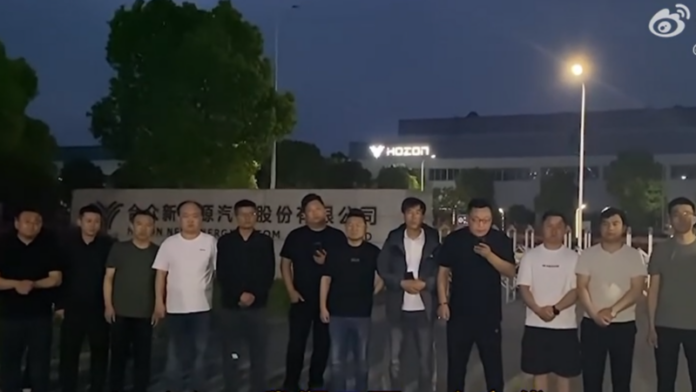Chinese electric vehicle manufacturer Neta Auto (Hozon New Energy Automobile) is facing an escalating crisis as representatives from its dealership network have gathered at the company’s Tongxiang factory to demand payment for undelivered vehicles and compensation for mounting losses.
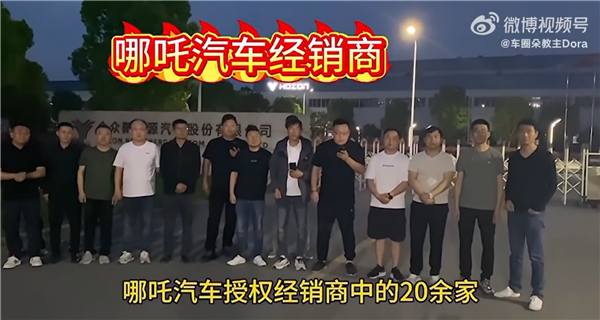
According to social media reports, more than twenty representatives from Neta’s nationwide network of over 300 authorized dealers assembled at the factory gates to voice their grievances. The protest highlights the worsening financial situation at one of China’s once-promising EV startups.
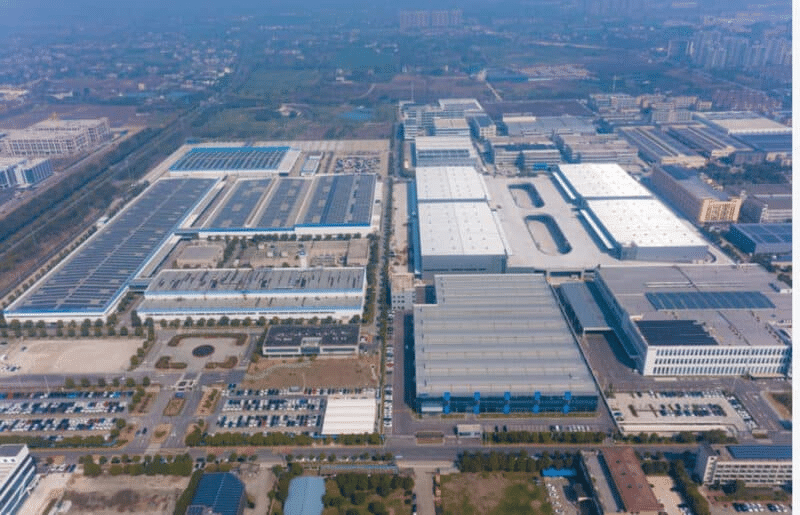
In video footage circulating online, dealer representatives stated they have maintained operations despite Neta’s failure to deliver vehicles, implement mass layoffs, halt business operations, and address supplier debt claims for more than half a year. The dealers claim they have continued normal operations, paid employee salaries and benefits, maintained tax payments, and avoided negative publicity while waiting for Neta to fulfill its promises.
“We believed the manufacturer would honor its commitments, but since last September, the company has never directly addressed our concerns—not even once,” a representative said in the video. “We’ve only heard rumors about upcoming financing, production resumption, and dealer conferences. While waiting and continuing to invest, we’ve only sunk deeper into debt.”
The dealers claim some have paid hundreds of millions of yuan in advance for vehicles that were never delivered. Some dealers who took loans to purchase inventory are now facing legal action from banks and customers.
The dealer representatives presented three specific demands: compensation for operational losses from September 2024 to the present plus advance payment for operating costs from May to July 2025; immediate repayment by May 11 of all outstanding rebates and subsidies for prepaid but undelivered vehicles; and prompt restoration of the after-sales service system to support Neta’s approximately 400,000 existing customers.
“We don’t want Neta to collapse, we just want accountability,” the representatives stated, calling for a direct response from Neta’s Chairman Fang Yunzhou.
Neta Auto has not yet responded to these allegations.
The company has been in financial distress since late 2024, with numerous reports of layoffs and salary reductions. Founder Fang Yunzhou recently stepped into a more active role, taking on the CEO position while retaining his chairman title. Former CEO Zhang Yong, who had been a controversial figure, was reassigned to an advisory role.
Neta’s domestic sales have plummeted dramatically. Data shows the company sold only 487 vehicles in January and February 2025 combined, with no disclosed sales figures for March. These numbers fall well below those of other Chinese EV brands that have already declared bankruptcy or exited the market. Current sales show minimal demand for its model lineup, with the Neta X accounting for just 272 units and the NETA L for 149 units during this period.
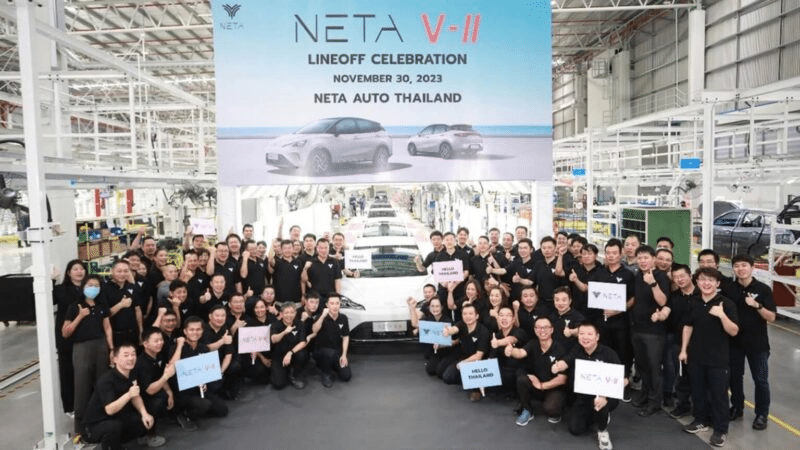
As its home market collapses, NETA is increasingly pivoting to international markets, particularly Thailand. The company recently announced it received 1,219 orders during the Thailand Motor Show and has set an ambitious target of selling over 10,000 vehicles in Thailand in 2025, aiming to become the second-largest new energy vehicle brand in the country.
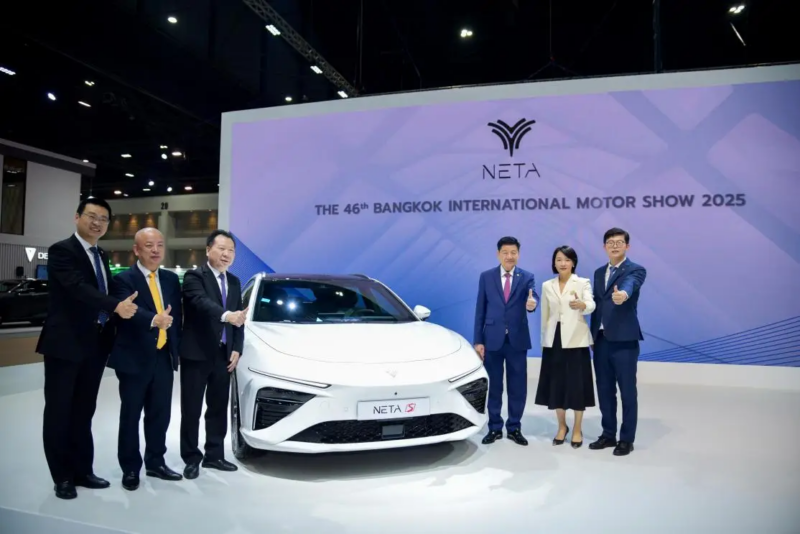
At the recent auto show, Neta exhibited three main models: the entry-level Neta AYA electric SUV, the family-oriented Neta X, and the Neta S wagon. The company was the first Chinese EV startup to enter the Thai market in 2022 and has since established local production capabilities.
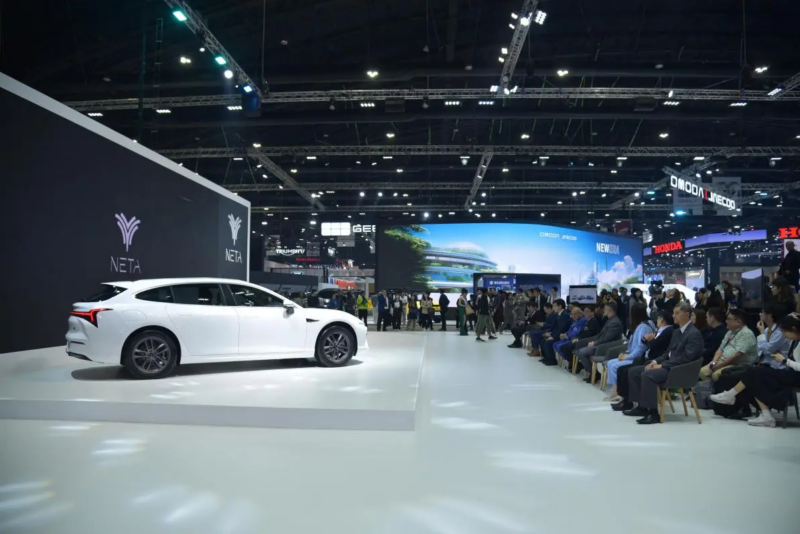
In a potential lifeline for the struggling automaker, NETA recently secured a 10 billion Thai baht (215 million USD) credit line in Thailand and plans to begin local production of its global model, the Neta X, in July 2025.
Chairman Fang previously stated the company aims to achieve positive gross margins by 2025 and overall profitability by 2026, with an IPO as its primary goal. According to Neta Co-President Zhang Xiaodong, “Various self-rescue measures are being actively and effectively implemented, with significant results from converting supplier debt to equity, which has laid an important foundation for streamlining operations and better attracting external investment.”
Neta’s situation exemplifies the challenges facing China’s crowded EV market, which has seen several once-promising startups collapse in recent years due to fierce competition, overcapacity, and scaling difficulties. As established players and new entrants continue to flood the market with new products, smaller companies like Neta find themselves increasingly squeezed between cash flow problems and declining sales.
